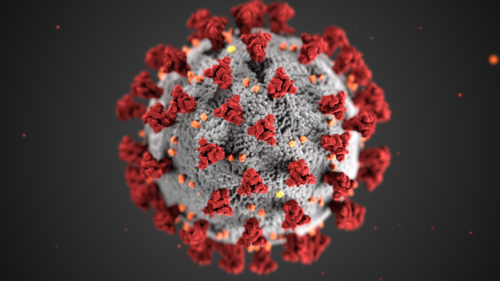As the COVID-19 pandemic rages on, researchers have puzzled over several mysterious viral outcomes. Infections are severe in some people yet mild or even asymptomatic in others, and many have reported long COVID, in which COVID-19 related health problems last four or more weeks after infection. Yale undergraduate Eric Wang (YC ’21) worked alongside members of the Ring and Iwasaki labs to study the relationship between autoantibodies and COVID-19.
Generally, we consider antibodies to be illness protectors. Autoantibodies, in contrast, may cause harm. “They are antibodies that target proteins expressed by your body’s own cells,” Wang said. They can trigger the killing of specific helpful immune cells and disrupt general immune system communication.
Using samples from Yale New Haven Hospital patients and healthcare workers, Wang and the research team tested blood reactivity with 2,770 human extracellular secreted proteins. They selected a few examples of autoantibodies and performed in vitro signaling assays, later assessing their effect on disease progression in mice. They found that autoantibodies targeted cytokines, chemokines, and various cell surface protein receptors, potentially altering disease trajectory.
“A lot of the symptoms and reasons people go to hospitals are due not to the virus itself, but the body’s response to the virus. For example, an overactive immune system has been implicated in a lot of COVID-19 hospitalizations,” Wang said. These autoantibodies may also be linked to long COVID symptoms.
With this new knowledge that autoantibodies may be risk factors for more serious COVID-19 outcomes, physicians may incorporate autoantibody screening in their practice.

